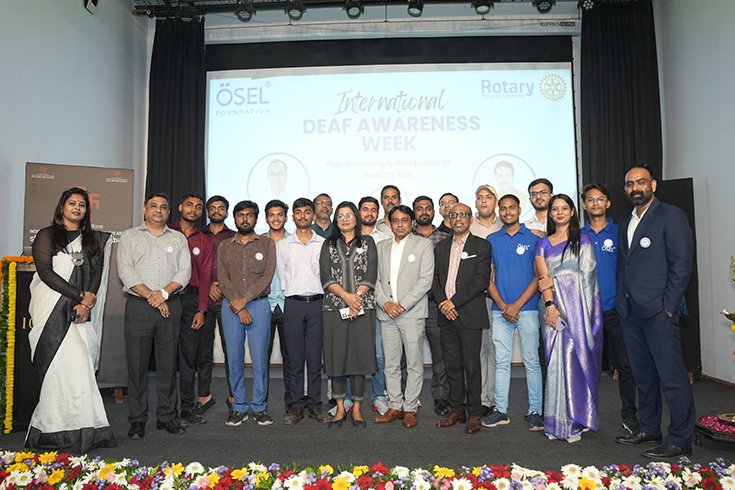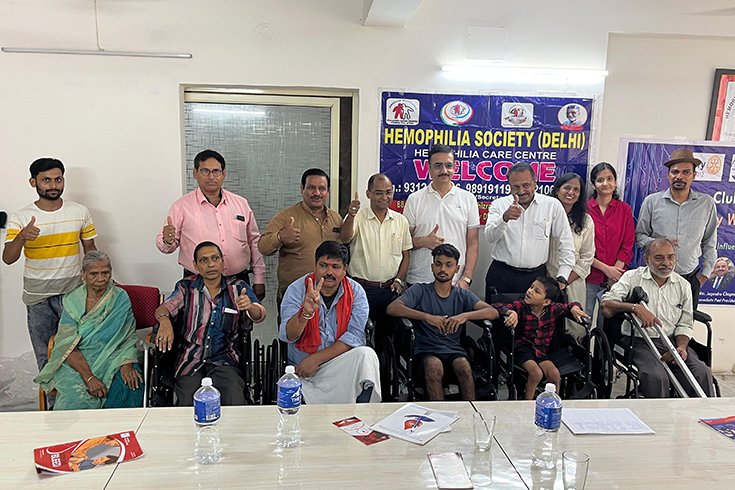Dr.
Manmohan Singh, India’s 13th Prime Minister and the architect of India’s
economic reforms, left an indelible mark on the nation and the world. Born on
September 26, 1932, in Gah, now in Pakistan, his journey from a modest
upbringing to the highest office in India is a testament to perseverance,
intellect, and visionary leadership.
Early Life and Education
Dr. Singh
grew up in a humble Sikh family. After the partition of India in 1947, his
family relocated to Amritsar. Despite the hardships of migration, his
determination to excel in academics led him to Punjab University, where he
completed his bachelor’s and master’s degrees in Economics. He later earned a
doctorate from the University of Oxford in 1962, where his thesis on India’s
export competitiveness showcased his early understanding of the global economy.
Early Career
Dr. Singh
began his career as an economist at the United Nations. Returning to India, he
served in various academic and administrative roles, including teaching at
Delhi School of Economics. His entry into public service began when he joined
the Indian government as an economic advisor in the early 1970s. His
intellectual acumen quickly earned him recognition, leading to key positions
such as the Governor of the Reserve Bank of India (1982-1985) and Deputy
Chairman of the Planning Commission.
The Architect of Economic Reforms
In 1991,
India faced a severe economic crisis marked by dwindling foreign exchange
reserves and rising fiscal deficits. As Finance Minister under Prime Minister
P.V. Narasimha Rao, Dr. Singh spearheaded a series of bold economic reforms. He
dismantled the license-permit raj, liberalized trade, and opened the Indian
economy to foreign investment. These reforms not only stabilized the economy
but also set India on a path of rapid growth, transforming it into one of the
world’s fastest-growing economies.
Dr. Singh’s
1991 budget speech, where he quoted Victor Hugo’s famous line, "No power
on earth can stop an idea whose time has come," remains iconic. His
policies ushered in a new era of globalization and economic liberalization in
India.
Tenure as Prime Minister (2004-2014)
Dr. Singh
became India’s Prime Minister in 2004, leading the United Progressive Alliance
(UPA) government. As the first Sikh to hold this position, his tenure was
marked by several significant achievements:
- Economic Growth: Under his leadership, India experienced unprecedented economic growth,
with GDP growth rates consistently above 8% in the mid-2000s.
- Social Welfare Schemes: His government launched flagship programs like the
Mahatma Gandhi National Rural Employment Guarantee Act (MGNREGA) and the Right
to Education Act, improving millions of lives.
- Nuclear
Agreement: Dr. Singh’s landmark civil nuclear agreement with the United States
in 2008 ended India’s decades-long nuclear isolation, boosting energy security
and global partnerships.
- Infrastructure
Development: His administration prioritized infrastructure projects, including
highways, airports, and urban renewal initiatives.
Challenges and Criticism
Despite his
achievements, Dr. Singh’s tenure was not without challenges. The later years of
his prime ministership were marred by allegations of corruption and policy
paralysis. However, his personal integrity remained unblemished, and he
continued to command respect across political and social spectrums.
Legacy and Passing
Dr. Singh’s
contributions extended beyond economic policies and political leadership. He
was celebrated for his humility, intellect, and commitment to public service.
As a scholar-politician, he bridged the worlds of academia and governance with
unmatched grace.
Dr.
Manmohan Singh passed away on December 26, 2024, at the age of 92. His demise
marked the end of an era, but his legacy endures in India’s economic and
political landscape. Tributes poured in from across the globe, celebrating a
statesman who transformed India’s economic narrative and inspired generations.
Dr. Singh’s
life story remains a beacon of hope and a reminder of what visionary leadership
can achieve. His unwavering belief in the potential of the Indian economy and
his dedication to the nation’s progress will continue to inspire the country
for years to come.












